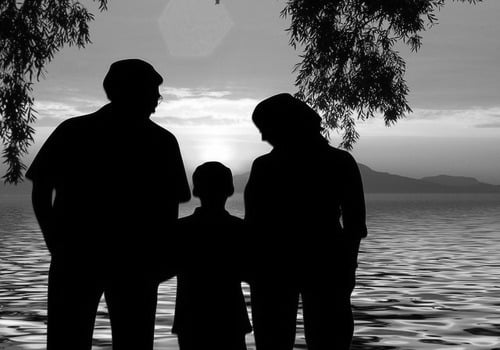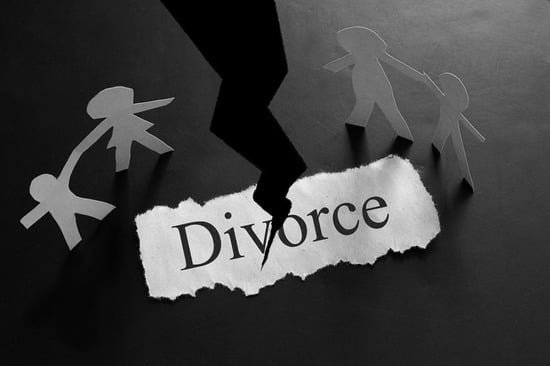Contributor: Lee Grossman
With a population of less than 800,000 people, and a land area of more than 70,000 square miles, attorneys in North Dakota face unique procedural challenges to effectively litigate civil cases. From finding a process server in a rural county to empaneling juries who are truly strangers to each other, geography fundamentally alters how civil litigation moves through North Dakota’s court system.
Service of Process in Wide-Open Spaces
Under North Dakota Rule of Civil Procedure 4, service of process may be accomplished by “any person of legal age not a party to nor interested in the action.” While this broad standard works well in cities, rural geography creates significant practical obstacles. Process servers often travel hundreds of miles between service attempts, dramatically increasing costs per defendant. Winter weather can make travel tricky and even dangerous, delaying service and extending case timelines. Defendants may simply be hard to find between long commutes from their homes to work, the grocery store, or the nearest “big city.” A civil action in North Dakota is only commenced “by the service of a summons,” making it critical that defendants can be found and properly served.
North Dakota relies on two separate groups of people to effectuate service: process servers and local sheriffs. Under Rule of Civil Procedure 4(d), a process server can be any person of legal age and not a party to nor interested in the lawsuit. Under North Dakota Century Code chapter 11-15, a sheriff or deputy is duty-bound to serve papers in a civil action.
As a last resort, under Rule of Civil Procedure 4(e), defendants may be served by publication in the local newspaper if they cannot be found. This requires diligent attempts to physically serve defendants. Service by publication can only be done with permission by the court.
The Witness Availability Challenge
North Dakota’s sparse population creates complications for witness testimony under North Dakota Rule of Civil Procedure 30, which governs depositions. When key fact witnesses live hundreds of miles from counsel or the courthouse, attorneys face difficult choices about conducting depositions remotely versus traveling for in-person questioning. North Dakota Rule of Civil Procedure 32 permits depositions to be used at trial when a witness is “at a greater distance than 100 miles from the place of trial or hearing[.]” The rule’s allowance for audiovisual depositions has become essential, though unreliable internet connectivity in agricultural areas can still frustrate remote proceedings. Expert witnesses present additional hurdles. The limited pool of local experts means parties frequently must retain and transport specialists from out of state, significantly increasing litigation costs.
Jury Selection Across Vast Territories
North Dakota Rule of Civil Procedure 47 governs jury selection and permits either six- or nine-person juries in civil actions. Drawing these jurors from North Dakota’s sprawling judicial districts creates unique dynamics. Potential jurors may travel great distances to reach the county courthouse, and rural jury pools tend to draw from tight-knit communities where everyone knows everyone. It is not uncommon that potential jurors may be employed by one of the parties, may be related to the local attorney, or may be high school classmates with the judge.
The rule for jury selection provides each side with four peremptory challenges, but voir dire becomes more nuanced when jurors share personal or professional connections with parties or counsel. Jurors may be less open and honest with their answers if they know other people in the jury pool. Courts must balance the constitutional right to jury trial against the practical burden that extended trials place on agricultural communities, where jurors’ absence during planting or harvest season can have significant economic consequences for both the jurors and their employers.
Conclusion
The legal professionals at SW&L Attorneys can help you through difficult legal problems, litigation, and more. If you need to consult with an attorney about civil litigation, please contact us!




